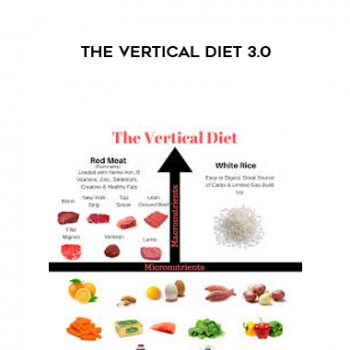 Beyond the Basics of the Basic Metabolic Panel from Cyndi Zarbano
Beyond the Basics of the Basic Metabolic Panel from Cyndi Zarbano
More information about Medical:
Medicine is the science and practice of establishing the diagnosis, prognosis, treatment, and prevention of disease.
Medicine encompasses a variety of health care practices evolved to maintain and restore health by the prevention and treatment of illness.
Contemporary medicine applies biomedical sciences, biomedical research, genetics, and medical technology to diagnose, treat, and prevent injury and disease,
typically through pharmaceuticals or surgery, but also through therapies as diverse as psychotherapy, external splints and traction, medical devices, biologics, and ionizing radiation, amongst others.
Medicine has been around for thousands of years, during most of which it was an art (an area of skill and knowledge) frequently having connections to the religious and
philosophical beliefs of local culture. For example, a medicine man would apply herbs and say prayers for healing, or an ancient philosopher and physician would apply bloodletting according to the theories of humorism.
In recent centuries, since the advent of modern science, most medicine has become a combination of art and science (both basic and applied, under the umbrella of medical science).
While stitching technique for sutures is an art learned through practice, the knowledge of what happens at the cellular and molecular level in the tissues being stitched arises through science.
Description:
You will learn to look beyond the numbers and see that the “Basic” Metabolic Panel (BMP) is anything BUT basic! Your patients’ levels may not be where you think they are, or “normal” may represent anything but homeostasis. Understand important implications for renal health and a proactive approach to patient management. You will also advance your skills in electrolyte interpretation and gain the confidence you need to manage the next life-threatening emergency.
OUTLINE
- Components of the BMP
- Renal Failure & Lab Clues
- GFR
- Acute Kidney Injury
- Acute Tubular Nephrosis
- Rhabdo
- Hemodialysis
- Life-Threatening Electrolyte Imbalances
- Hypo and Hypernatremia
- Hypo and Hypercalcemia
- Hypo and Hypermagnesemia
OBJECTIVES
- Communicate the classification of renal insufficiency and failure.
- Analyze pre-renal, intrinsic renal, and post-obstructive causes of renal failure using lab findings and other tests.
- Connect expected changes to the EKG with life-threatening potassium levels.
- Connect Chvostek’s sign and Trousseau sign and the relationship to electrolyte status.













tristian –
This is Digital Download service, the course is available at Coursecui.com and Email download delive